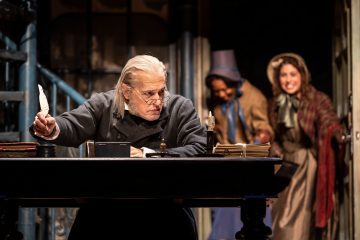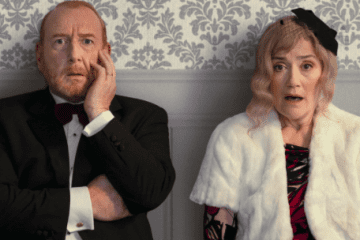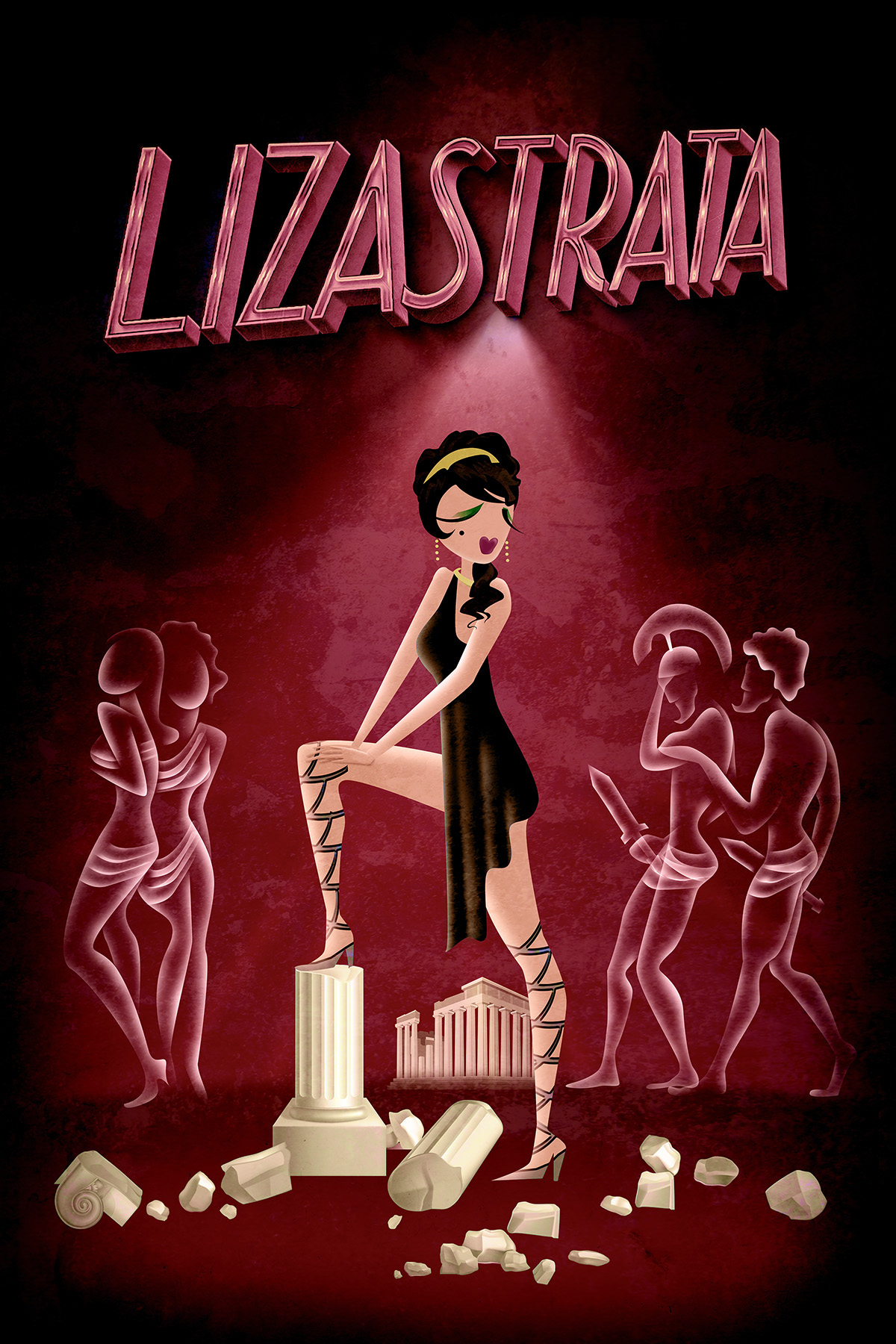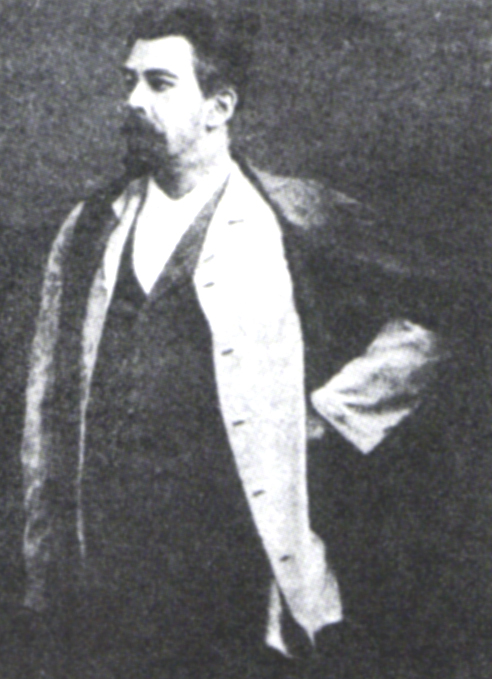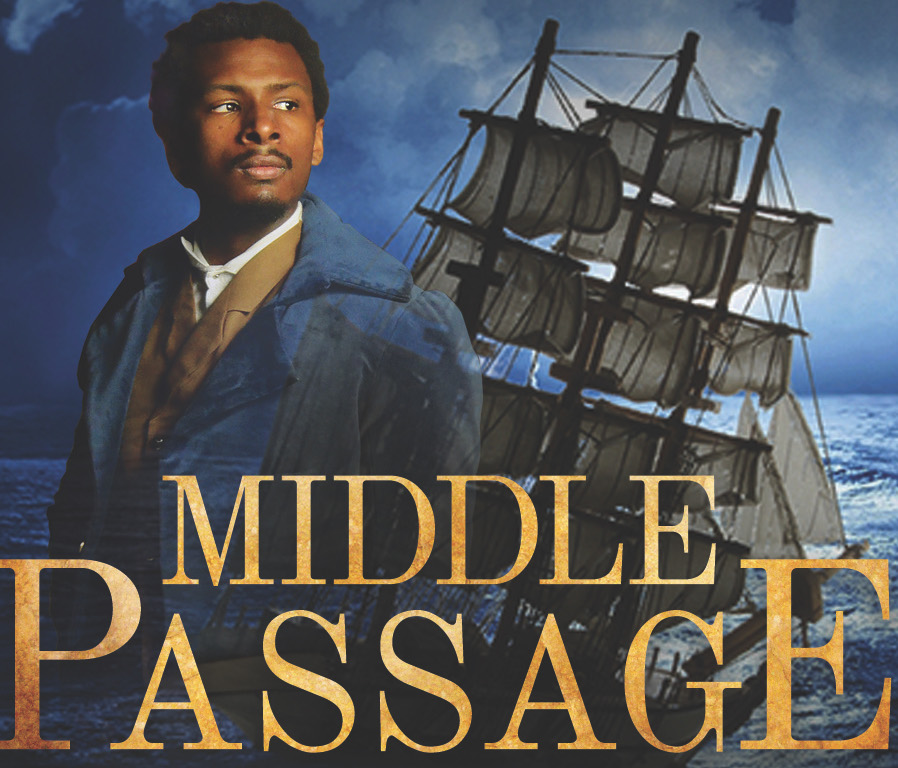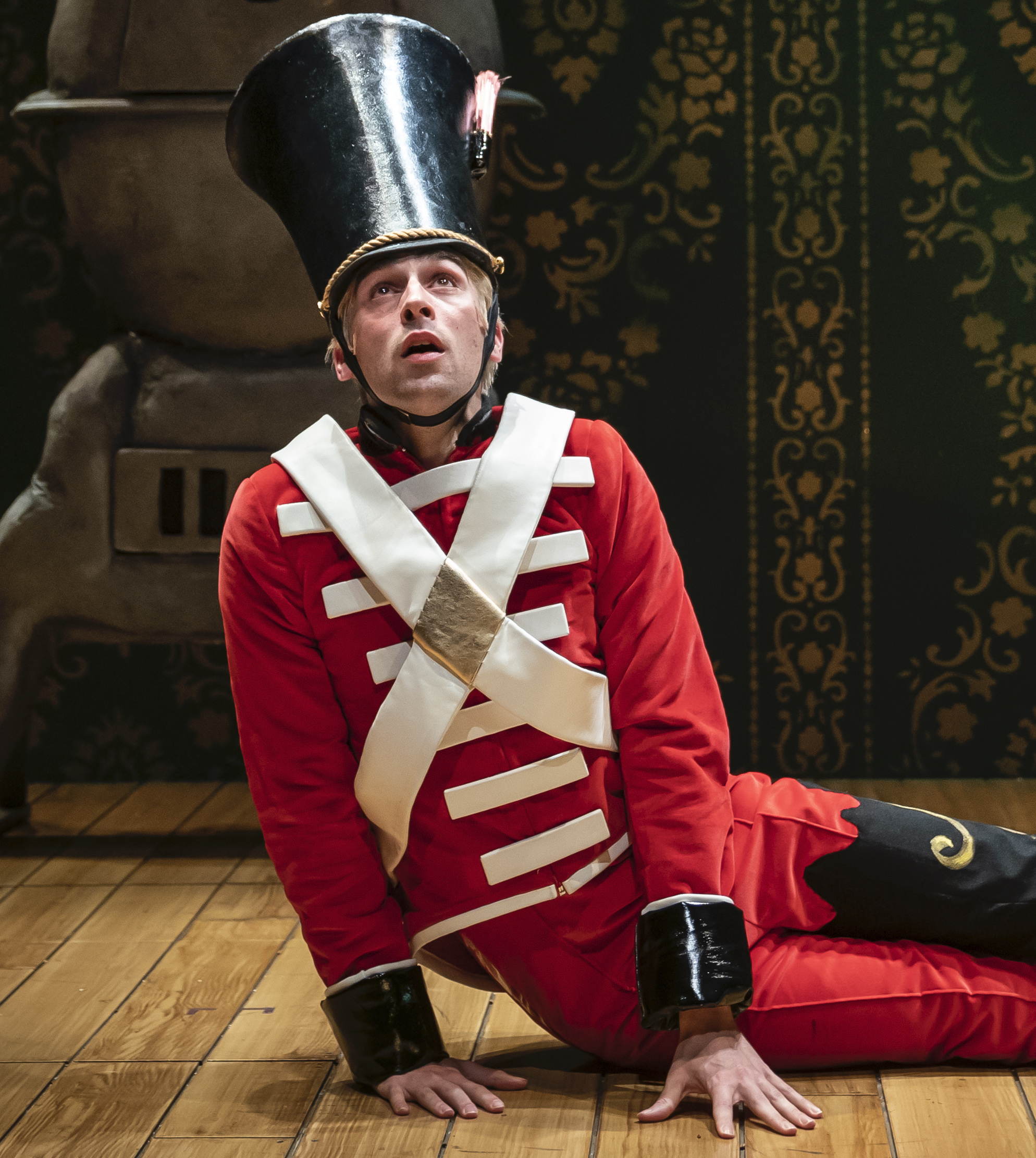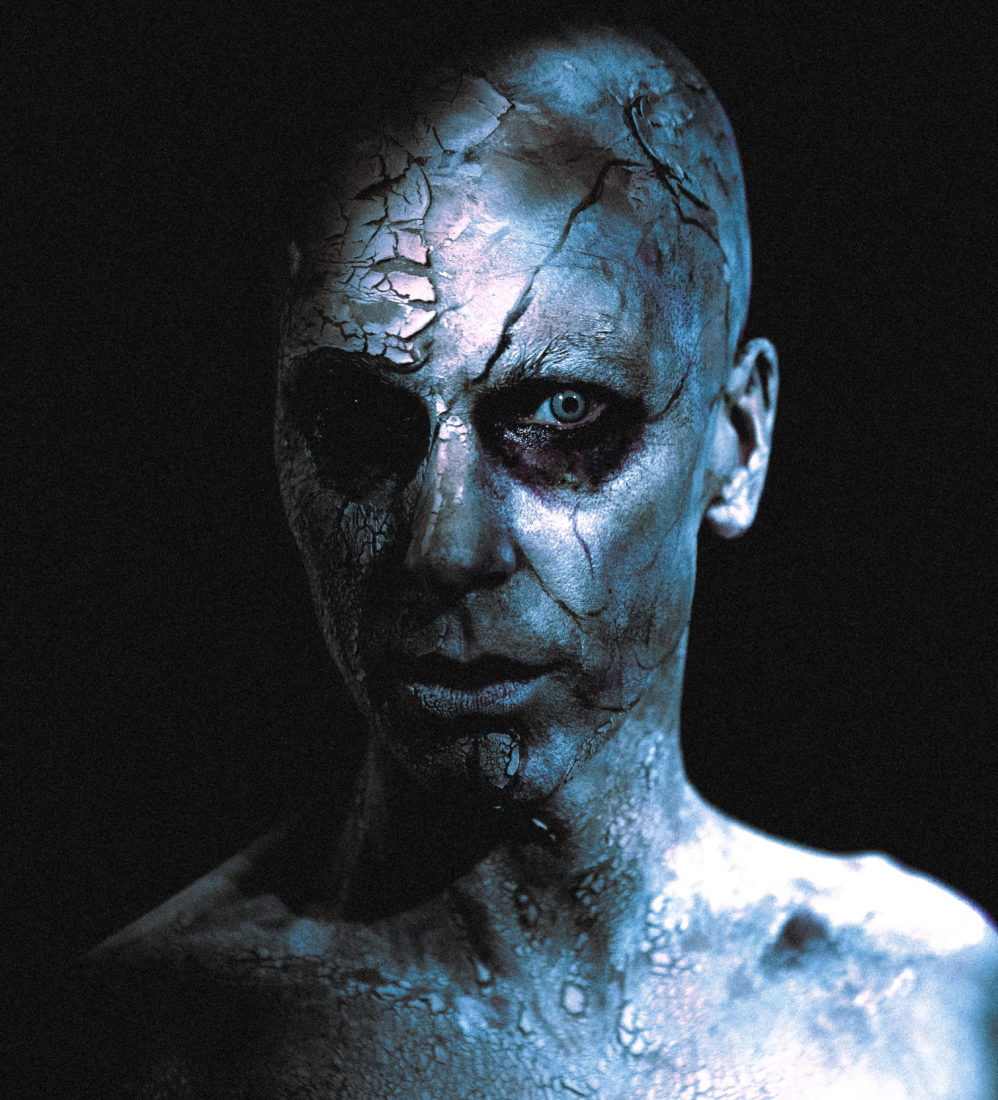Adapting Kurt Vonnegut
Award-winning playwright and Lifeline Theatre ensemble member John Hildreth wrote an adaptation of Kurt Vonnegut’s satirical sci-fi novel Cat’s Cradle, now enjoying a spectacular revival at Lifeline through October 22, 2023. John discusses the origins of his adaptation and reveals the sources of his inspiration (including and especially the great comic actor Paul Lynde); how director Heather Currie not only “gets it” but is able to communicate it; the value of ignoring the passage of time; the shared experience of navigating multiple theatre worlds; and how his adaptation of Vonnegut’s novel about the fictional inventor of the atomic bomb achieves a perfectly-timed Barbenheimer level of synergy. (Length 19:19)
Podcast: Download (22.2MB)


